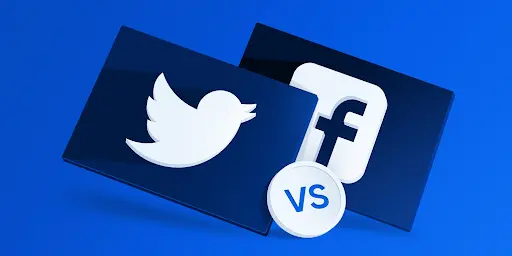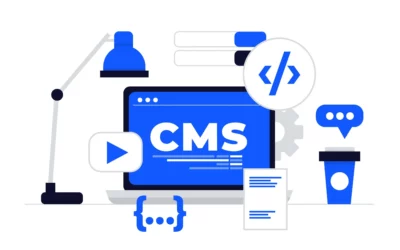Introduction:
In the ever-evolving landscape of social media, two giants have emerged as dominant players, each with its unique strengths and features. In one corner, we have the behemoth known as Facebook Meta, formerly Facebook, Inc., after its rebranding in 2021. On the other corner, Twitter, the platform that revolutionized real-time communication with its 280-character tweets. As these social media titans continue to evolve, let’s dive into the key differences and features that set them apart and explore how they stack up against each other.
User Base and Reach:
Facebook Meta boasts an impressive user base, with billions of active users across its platforms, including Facebook, Instagram, Messenger, and WhatsApp. The sheer size and diversity of its user base make it an attractive platform for businesses and advertisers seeking to reach a vast audience. On the other hand, Twitter, with its 330 million monthly active users, might seem smaller in comparison, but it still provides a unique space for real-time conversations and trending topics.
Platform Purpose:
The core purpose of these platforms sets them apart. Facebook Meta focuses on connecting friends and family, allowing users to share personal moments, photos, and videos. With a strong emphasis on social networking, it encourages interactions within private circles. In contrast, Twitter’s main purpose revolves around public communication and discourse. Users can engage with a broader audience, share news, thoughts, and opinions, and connect with individuals and entities worldwide.
Content Format:
Facebook Meta embraces various content formats, including text, images, videos, live streams, and Stories. This diversity makes it a one-stop destination for different types of content, catering to users’ preferences and enhancing engagement. Twitter, on the other hand, is renowned for its succinct format, limiting tweets to 280 characters. While this restriction might seem limiting, it has spurred creativity and concise communication, leading to viral tweets and trends that capture the essence of a moment succinctly.
Privacy and Security:
Privacy has been a persistent concern for Facebook Meta. The platform has faced criticism and regulatory scrutiny over its handling of user data. In response, the company has taken steps to enhance privacy controls and transparency. Twitter, although not immune to privacy issues, has generally been perceived as a more transparent platform regarding data handling.
Advertising and Monetization:
Both platforms rely heavily on advertising for revenue generation. Facebook Meta’s vast user base and sophisticated ad targeting options make it an attractive choice for advertisers looking to reach specific demographics. Its acquisition of Instagram and WhatsApp has further expanded its advertising capabilities. On the other hand, Twitter’s advertising model revolves around promoted tweets and trends, which seamlessly blend into users’ timelines without feeling intrusive.
Community and Engagement:
Facebook Meta’s focus on personal connections and shared interests has cultivated strong communities within its platforms. Groups, pages, and events facilitate interactions around common passions. Meanwhile, Twitter’s real-time nature encourages rapid engagement and discourse. Users can follow and interact with celebrities, thought leaders, and experts, creating a more open and dynamic community.
Conclusion:
In the battle between Facebook Meta and Twitter, each platform boasts unique features and caters to different user preferences. Facebook Meta excels at fostering personal connections and diverse content sharing, while Twitter stands out as a platform for real-time conversations and global discourse. Both have their strengths and weaknesses and ultimately, users’ preferences will determine which platform remains a dominant force in the social media landscape. As they continue to evolve and adapt to changing user needs, it will be exciting to witness how these giants shape the future of social media.





